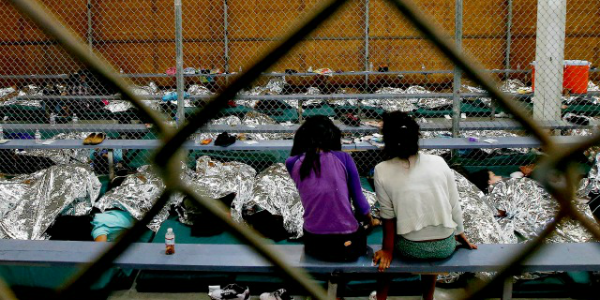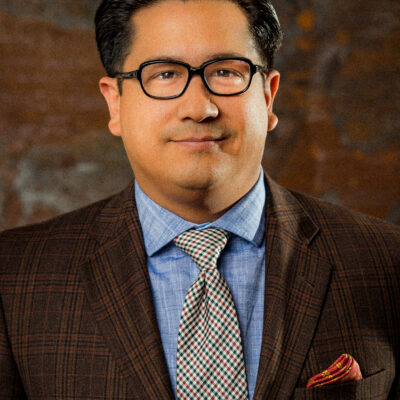Last month the Department of Justice (DOJ) came to its senses and announced it would phase out its use of private prisons, citing inadequate services, safety, and savings. One week later, the Department of Homeland Security (DHS) announced it, too, would review its relationship with the private prison industry, and produce that review by November.
November can’t come soon enough.
DHS contracts with private prison companies to operate three “family detention centers” that house women and children asylum seekers. Earlier this year, I visited the facility in Dilley owned and administered by Corrections Corporation of America. I was there to interview detainees in a case that exposes the grim conditions of these prisons and challenges the notion that innocent children should be incarcerated there — or anywhere — in the first place.
Their stories were harrowing. One woman — I’ll call her “Maria” — was walking with a friend in their Honduran village when a gang member ordered them both to dye their hair in gang colors. Maria relented, but her friend refused, and days later she was scalped and bled to death. When the gang members returned to demand Maria’s 13 year-old son get a mohawk — the style worn by the gang itself — she packed their bags and headed north under cover of night.
Another woman — I’ll call her “Sofia” — was asleep when a dozen armed, masked men broke into her home in the middle of the night to rob her. Throughout her ordeal, the attackers ordered Sofia and her two daughters—ages 10 and 14—into the corner of the living room. Sofia spent the entire time covering up the elder of the two for fear she would be raped. As they left, one of the attackers leaned in and whispered, “flies don’t go into a closed mouth” — a threat of death should she report the robbery to the authorities. With nowhere else to turn, she and her daughters fled the only village they’d ever known.
Yet another woman — “Alejandra” — was interviewed by Telemundo about her detention. The footage reached her village in El Salvador, after which she received threats telling her that if she ever returned, she and her children would be murdered.
Such threats are not idle. Many asylum seekers deported to Central America are swiftly and summarily executed upon their return, some just outside the airport — hence the reason I’m using pseudonyms.
The women with whom I spoke faced impossible choices: to hand themselves and their daughters over to be used by gang members; to allow their sons to be recruited as killers into gangs, or be killed by gangs themselves; or to leave home and risk the perilous journey north to avoid persecution. Their memories were fraught with fear and trembling, and they could not hold back their tears.
But as I listened to them, I was struck by the stoicism of their children, who had no tears to shed. It then occurred to me that anything that happens often enough, or for long enough, becomes ordinary, and all these children have ever known is violence, trauma, and tragedy. They do not yet know the difference between what is and what ought to be.
But we know the difference, and what we put them through on their arrival here is inexcusable.
The fact that the “immigrant detention industry” is a thing that exists is an abomination. The fact that companies and investors can profit from, encourage and expand it is worse. Government contracts with for-profit prisons establish an arrangement that creates perverse incentives to detain as many people as possible, for as long as possible, ostensibly all in the name of taxpayer savings that never came, and we know now never will come.
The women and children locked up in our private prisons are not serving criminal sentences and pose no violent threat. They are detained only because DHS wants a “deterrent” to dissuade others from seeking refuge in the U.S. But how can you deter a flight from certain death?
As a nation, we should be better than this. And hopefully, come November, we will be.
This post originally appeared in the San Antonio Express News.


